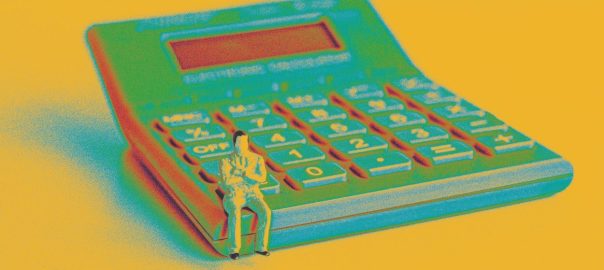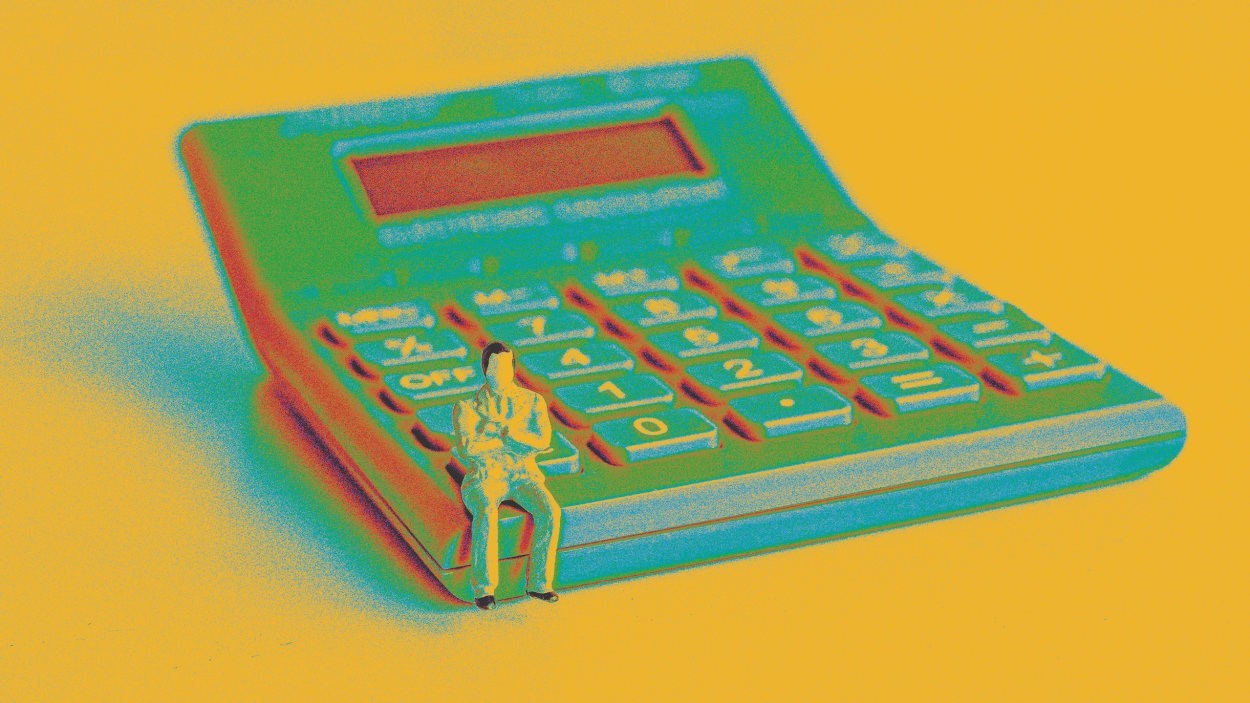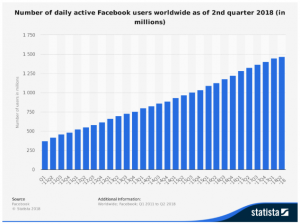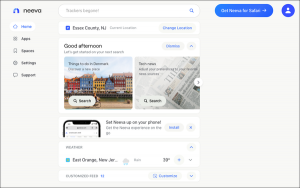The first year I filed my own taxes, I had to pick up a paper copy of the 1040-EZ form at my local library, fill it in with a black ballpoint pen, put it in a stamped envelope, mail it, and wait patiently for my paper refund check to arrive.
Doing your own taxes is a very different beast for modern taxpayers compared to the DIYers of yore. Tax-filing software not only does the math for you but also prompts you to check if various credits, refunds, deductions, or rules apply to you. For many taxpayers, the interactive nature of tax-filing software ensures that your taxes will be filed correctly.
But there are a number of reasons why you may want to call in a certified public accountant (CPA) to take care of your taxes rather than relying on software and your own math skills.
Here’s how to decide if you need a CPA or if DIY (with the help of filing software) is sufficient for your tax-filing needs.
When You Might Choose to DIY
While hiring a CPA might be worth the cost just for the peace of mind, taxpayers are more likely to feel confident about completing their own taxes, with software help, if they have a relatively simple tax situation. Specifically, the following circumstances will generally make filing taxes fairly straightforward with tax-filing software:
You Make $79,000 or Less
Taxpayers who have an adjusted gross income (AGI) of $79,000 or less for 2023 can file their taxes using a filing-software program for free using IRS Free File. Under the Free File program, the IRS partners with trusted software vendors. Taxpayers earning less than the $79,000 threshold can access tax-filing software from these vendors for free. In many cases, taxpayers using IRS Free File can also file state returns using the same software.
The $79,000-AGI limit is for both individual taxpayers and married couples filing jointly. If your income is below the limit, and you do not have complicating factors (such as income in multiple states, freelance income, or itemized deductions), you may want to use the IRS Free File program to take advantage of the filing software free of charge.
You Only Worked for a Single Employer
If you only have a single W-2 for the year, that makes filing taxes much simpler. If you changed jobs during the year and received multiple W-2 forms, that can add to the complexity of your tax filing.
In addition, taxpayers who worked as a freelancer or independent contractor and received multiple 1099-MISC forms can certainly use DIY tax software to file, but it can be helpful to have a CPA double-check your returns before submitting to make sure you didn’t miss anything.
You Are Taking the Standard Deduction
Taxpayers who do not plan to itemize their deductions tend to be good candidates for filing with tax software. As of 2023, the standard deduction is $13,850 for single filers and $27,700 for married couples filing jointly.
When You Might Hire a CPA
The National Society of Accountants reports that the average cost of hiring a CPA to file for you ranges from $220 to $323, depending on the complexity of your taxes and where you live. This is pricier than purchasing tax-filing software, but you may feel more confident about a CPA’s ability to handle your more complicated tax situation.
For example, your accountant is required to complete a certain number of hours of continuing professional education each year in order to maintain their state licensing requirements. This means a CPA should be well-versed in the changes to federal and state tax law each year that could affect your return. While tax software is also updated each year to reflect such changes, a CPA may better know their way around the tax laws and/or your financial circumstances.
Additionally, for many taxpayers, a CPA can help with avoiding penalties, find ways to reduce your tax liability, or maximize your tax refund—which could even mean that what you paid for the help will save in taxes.
Here are some of the specific situations that may call for a CPA:
A Major Life Change
Getting married or divorced, having a child, or experiencing a death in the family are not just eventful moments in your life; they could also affect your tax situation. In that case, consider running your returns by a CPA to make sure you don’t miss out on additional credits, deductions, or exemptions you may now be entitled to—or additional taxes you may now be responsible for.
You Work for Yourself
Whether you are freelancing or getting a new business off the ground, your taxes are much more complicated when you’re your own boss than when you collected a paycheck.
You Sold a Home or an Investment
Big money sales—like selling your old house or your stock in Apple—come with additional tax implications. Working with a CPA can help you feel confident that you’re paying what you owe without missing any possible credits or exemptions.
You Worked in Multiple States
Did you relocate last year? If you earned income in more than one state, a CPA can help you make certain you pay the appropriate taxes in each state and to the IRS.
Uncle Sam Wants You . . . To File Your Taxes Correctly
While filing your own taxes is no longer the slog of paperwork and DIY math it once was, there are still chances for making mistakes, missing money-saving opportunities, and miscalculating how much you owe. That’s why taxpayers with complex tax situations should consider hiring a CPA. Because just because you can do it yourself doesn’t always mean you should.
(13)







